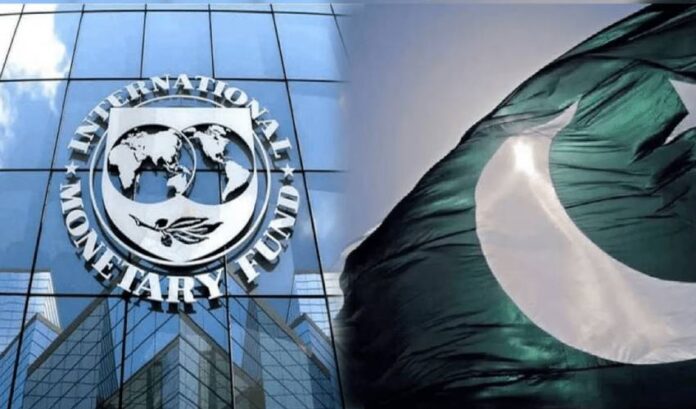The government has implemented a series of stringent measures to fulfill the conditions set by the International Monetary Fund (IMF) for securing a $1.1 billion tranche under the Extended Fund Facility (EFF).
As per reports, these measures include mandatory asset disclosures by civil servants and their families, the elimination of tax exemptions, and the submission of a governance and corruption assessment report.
The global lender has outlined 39 conditions that must be met for the release of the second instalment of the $7 billion Extended Fund Facility (EFF) for Pakistan. These conditions include maintaining foreign exchange reserves equivalent to three months of import bills, meeting fiscal targets, and restructuring public finances.
The IMF has also mandated that the difference between the open market and interbank exchange rates be kept within 1.25%, and that the State Bank of Pakistan’s foreign exchange reserves reach $8.65 billion by the end of the fiscal year.
The Ministry of Finance confirmed that the government must adhere to 22 key points to qualify for the IMF’s financial assistance. One of the major benchmarks is the deadline of February 2025 for civil servants to disclose their assets.
The IMF has also insisted that no additional grants be provided outside the budget and has called for strict fiscal discipline across the board.
The IMF’s conditions further include reducing public sector liabilities, with a cap set at Rs5.6 trillion for outstanding government guarantees. Additionally, the government is expected to limit power sector arrears to Rs417 billion and control tax refund backlogs to no more than Rs24 billion.
Finance Minister Muhammad Aurangzeb, during a briefing to the National Assembly’s Standing Committee on Finance, acknowledged that macroeconomic stability had been achieved over the past 14 months. However, he stressed the need to address inflation by reducing the role of intermediaries. The Economic Coordination Committee (ECC) is reportedly working on strategies to review food prices on a monthly basis.
Aurangzeb further emphasized that the current IMF loan agreement would be the country’s final message to the international community, with urgent reforms required in taxation, energy sectors, and population control. He also highlighted the need to address climate change, child stunting, and rising educational gaps.
























